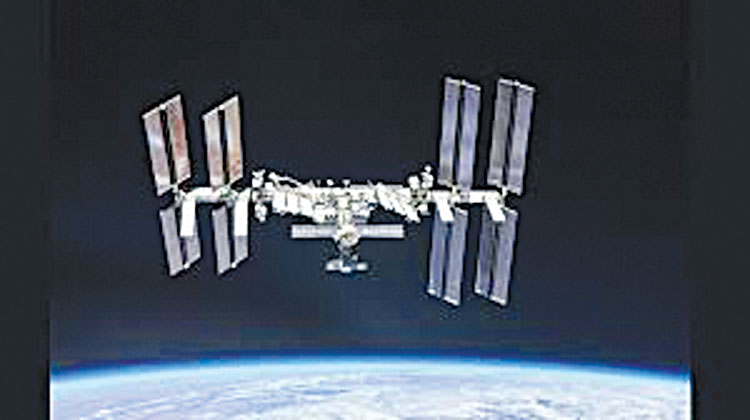Seoul, May 24 (Agency) The South Korean Ministry of Science and ICT (information and communication technology) has approved a plan for the development of key technologies to create a low-orbit (LEO) satellite communications system and aims to launch two LEO satellites based on sixth generation (6G) communications network technology by 2030. “The Ministry of Science and ICT … announced that the project to ‘Develop Technologies to Obtain Industrial Competitiveness of Low-Orbit Satellite Communications’ has passed a preliminary feasibility study with a total cost of 319.99 billion won [$234 million] and an implementation period from 2025-2030 (six years),” the ministry said in a release on Thursday. The implementation of the project will allow South Korea to develop technologies needed for launching a low-orbit satellite communications network and help South Korean companies to subsequently enter the global market, the release said. Two LEO satellites based on 6G communications network technology are planned to be launched by 2030 for this purpose, the release said, adding that the creation of a pilot satellite communications system with ground stations and terminals is also planned.
Services in this area are currently provided by major high-tech companies that can afford significant investments and promote their own uncoordinated standards, the ministry said. However, international consortium 3GPP (The 3rd Generation Partnership Project), which develops protocols for mobile telecommunications, is actively engaged in the standardization of low-orbit satellite communication. In the long term, this will allow for the creation of a 6G satellite communications network, and South Korea plans to enter it in time, the ministry added. By the time of the rapid development of the market in the 2030s, South Korea plans to develop 11 critical technologies, such as tracking and establishing communication channels with LEO satellites, error compensation for transmitting signals to fast-moving satellites, information transfer between satellites, retransmission and traffic redistribution, and others, the release said. The project’s passing the preliminary feasibility study is another step toward the implementation of the strategy for enhancing satellite communications adopted by the South Korean government in September 2023, which allows for an increase in research and development in the area, the ministry said.

